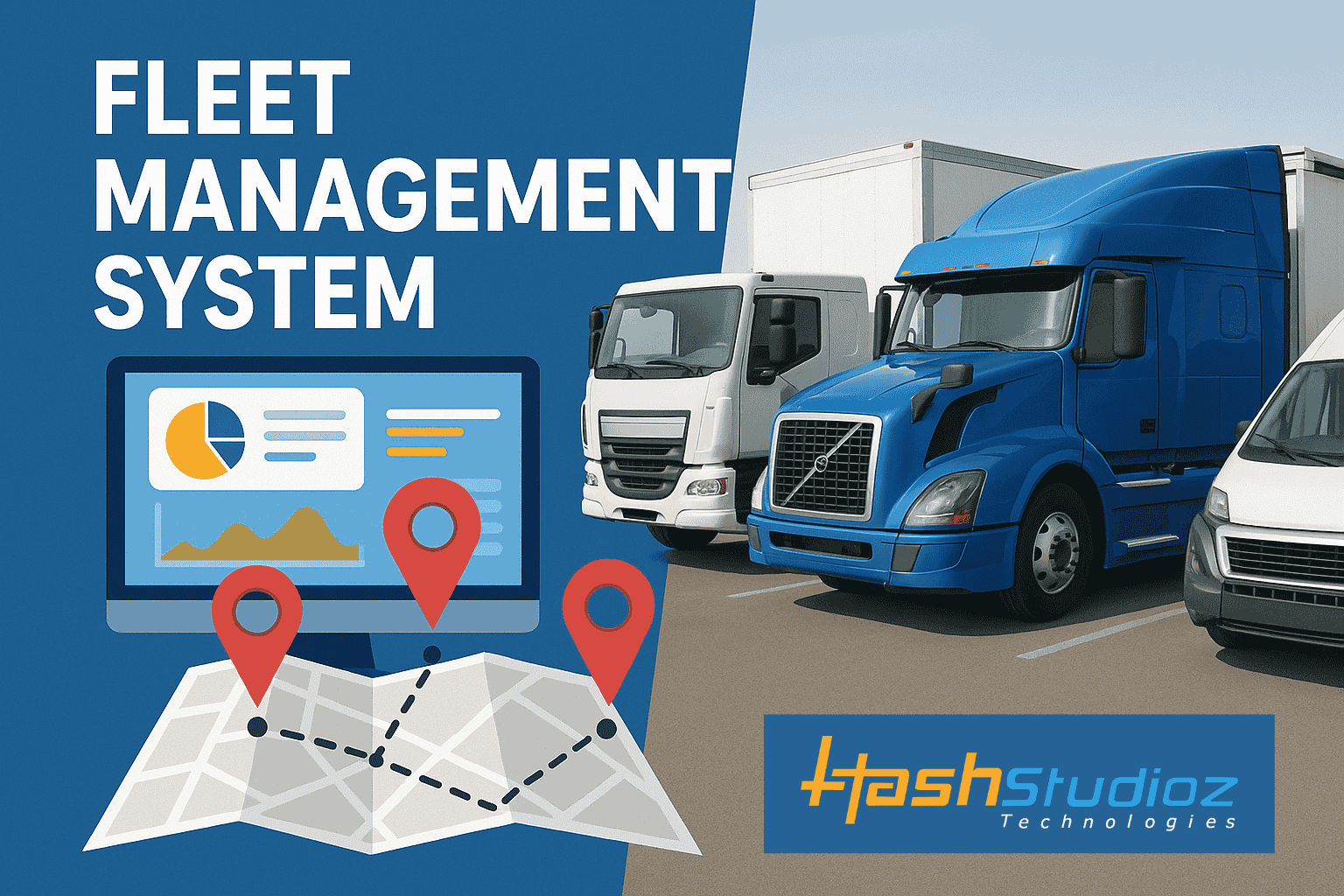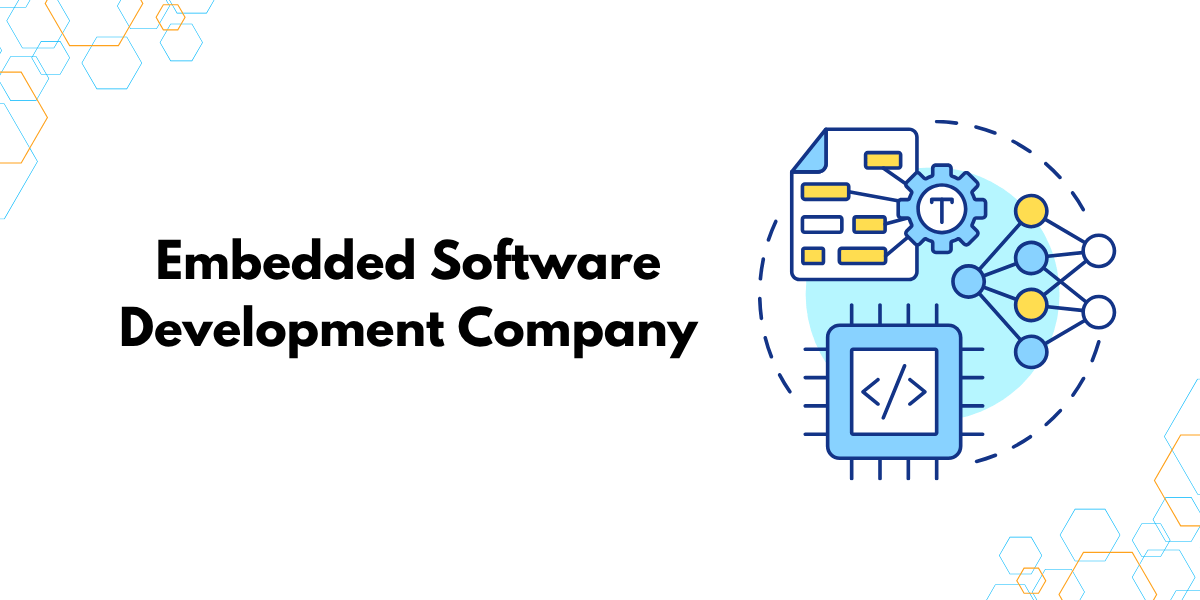Fleet Management System: Everything You Need to Know

Strong 8k brings an ultra-HD IPTV experience to your living room and your pocket.
Managing a bunch of vehicles isn’t as simple as it sounds. If you’re in charge of deliveries, logistics, or even field services, you know how quickly things can go off track literally and figuratively. That’s where a Fleet Management System (FMS) steps in to save the day.
It’s like having a smart assistant for your vehicles tracking them, keeping an eye on drivers, reminding you about maintenance, and helping you run things smoothly.
So, What Exactly is a Fleet Management System?
A Fleet Management System is a software tool that helps you keep your entire vehicle fleet in check. It handles everything from real-time tracking to fuel monitoring, driver behavior, route planning, and even vehicle health.
Whether you’ve got 5 vans or 500 trucks, this system can help you boost efficiency, cut down on costs, and make your whole operation run smoother.
Must-Have Features in a Fleet Management System
Here’s what you can expect from a solid FMS:
🚚 Real-Time Tracking
Know exactly where your vehicles are at any time. Get alerts if something’s off like unexpected stops or someone going off-route.
👀 Driver Behavior Monitoring
Keep tabs on how your drivers are doing. Are they speeding? Braking too hard? This helps you improve safety and lower accident risks.
⛽ Fuel Tracking
Fuel is expensive no surprise there. An FMS helps you spot where fuel is being wasted or misused, and even helps plan more fuel-efficient routes.
🛠️ Maintenance Alerts
Forget about breakdowns! Get reminders for regular servicing so your vehicles stay road-ready.
🧭 Route Optimization
Pick the best, fastest, and most fuel-efficient routes. Say goodbye to traffic jams and delivery delays.
📊 Easy Reports & Compliance
Need logs for audits or reports for performance reviews? It’s all automated and ready to download.
Why Use a Fleet Management System?
If you're wondering whether it’s really worth the investment, check out these benefits:
✅ Lower operating costs
✅ Fewer accidents and better driving
✅ Faster deliveries & happier customers
✅ Regulation-friendly with automated log
✅ Smarter use of your vehicles and drivers
In short: less stress, more control.
Who Uses Fleet Management Systems?
Pretty much anyone who runs vehicles for business can benefit:
- Delivery companies
- Logistics & transport providers
- Construction companies
- Emergency services
- Utility & field service businesses
- Public transportation services
Whether it’s trucks, vans, or buses if it moves, it can be managed.
Smart Tech Behind the Scenes: Telematics & IoT
Modern fleet systems use smart gadgets like GPS trackers and sensors to gather data. This info helps you:
- Track engine performance
- Monitor tire pressure
- Detect when brakes are wearing out
- Watch cargo temperature (great for food delivery)
- Even check if your drivers are getting tired!
All this data helps you take action before things go wrong.
How to Pick the Right Fleet Management System
There are plenty of options out there, but here’s what to keep in mind:
- Is it easy to use for your team?
- Can it scale as your business grows?
- Does it integrate with your other tools (like CRM or ERP)?
- Is there good support and training?
- Can you customize it to your needs?
- You don’t need a one-size-fits-all. Find one that fits your operations.
What’s Next for Fleet Management?
Technology is moving fast, and fleet management is right there with it. Some cool trends to watch:
🚗 Predictive maintenance powered by AI
⚡ Tools for managing electric vehicle fleets
🔒 Blockchain for secure tracking & transactions
🧠 Smart analytics to forecast costs and optimize routes
🤖 Integration with self-driving and autonomous tech
Final Thoughts
A Fleet Management System isn’t just for big companies it’s for anyone who wants to make vehicle operations smarter, safer, and more cost-effective. If you’re still juggling spreadsheets or relying on phone calls to track your drivers, it’s time to level up.
Note: IndiBlogHub features both user-submitted and editorial content. We do not verify third-party contributions. Read our Disclaimer and Privacy Policyfor details.







